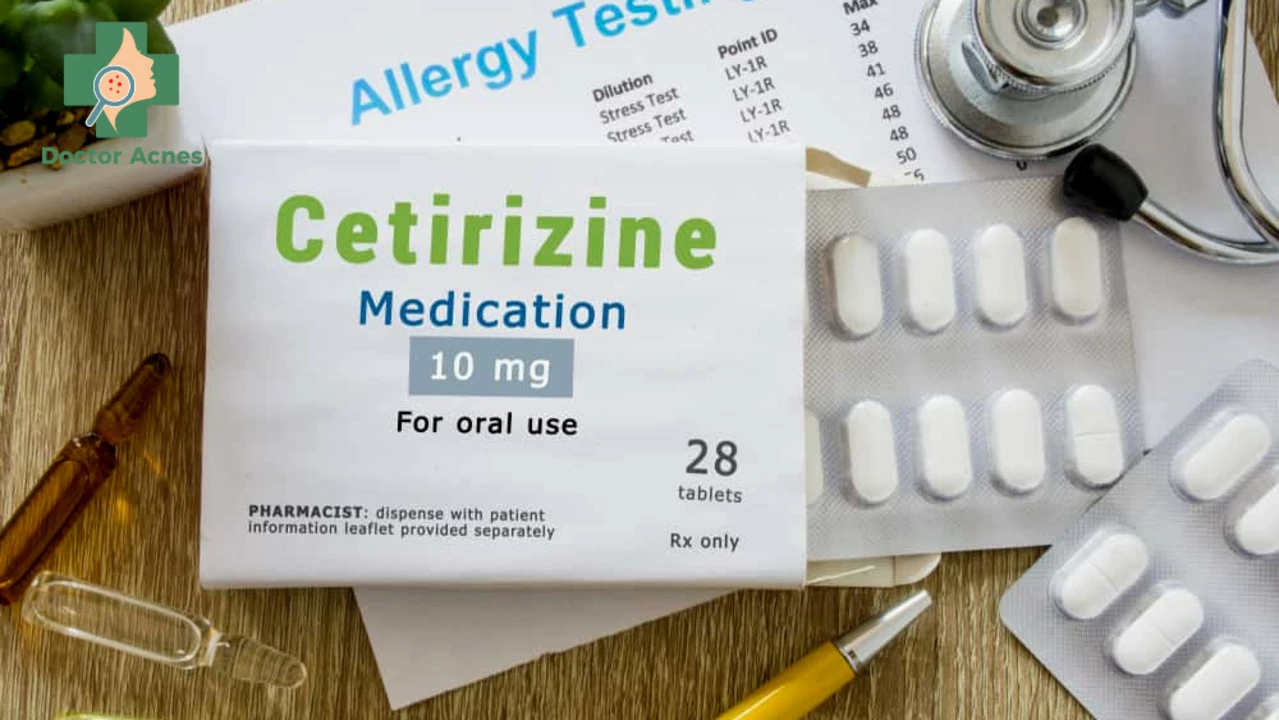Oral Allergy Syndrome (OAS): What It Is and What To Do
If your mouth itches after eating an apple, cherry, or raw carrot, you may have oral allergy syndrome (OAS). It feels like a mild itch or tingle around the lips, tongue, and throat and usually shows up within minutes of eating certain raw fruits, vegetables, or nuts. OAS is common in people who already have seasonal pollen allergies.
What causes OAS?
OAS happens because some proteins in fresh foods look a lot like pollen proteins to your immune system. If you’re allergic to pollens like birch, ragweed, or grass, your body can mistake parts of the food for pollen and react. Those food proteins are often fragile — they break down with heat or processing, which is why cooked or canned versions often don’t cause problems.
Common triggers include apples, pears, cherries, peaches, kiwi, melons, bananas, carrots, celery, and hazelnuts. The exact list depends on which pollen you’re allergic to — birch pollen reacts with some tree fruit and nuts; ragweed links to melons and bananas. Symptoms usually stay in the mouth, but sometimes they can spread or become serious.
Symptoms, testing, and when to worry
Most people get itching, tingling, or mild swelling of lips, tongue, and throat. You might notice a scratchy throat or watery eyes at the same time. If you get hives, trouble breathing, throat tightness, dizziness, or vomiting, treat it as a serious reaction — call emergency services and use epinephrine if prescribed.
To confirm OAS, an allergist can do skin prick tests or blood tests for specific IgE antibodies to pollens and foods. Testing helps separate OAS from true severe food allergy. If you’re unsure whether past reactions were mild or severe, get tested before trying more of the trigger food at home.
How to manage OAS
- Avoid raw forms of the trigger when possible. Try cooked, baked, or canned versions — heating usually destroys the offending proteins. Peeling fruit can help because some allergens sit near the skin. - Try a small, supervised test: some people can tolerate a tiny amount or tolerate the food after cooking. Don’t experiment if you’ve had breathing trouble before. - Over-the-counter antihistamines often relieve mild mouth itching. They don’t stop severe reactions, though. - If you’ve ever had throat tightness or systemic symptoms, talk to an allergist about carrying an epinephrine auto-injector and an emergency plan. - Allergy immunotherapy (pollen shots or tablets) has reduced OAS for some people by lowering pollen sensitivity over time. Ask your allergist if it might help you.
Quick tips before you eat
Try peeling fruit, cooking it, or choosing canned versions. If you’re at a restaurant, ask how food is prepared. Keep antihistamines handy for mild reactions and don’t ignore signs of airway involvement. If in doubt, see an allergist — a short test and a clear plan make everyday life safer and less stressful.

Bepotastine and Oral Allergy Syndrome: Can it Help Manage Symptoms?
- by Colin Edward Egan
- on 16 May 2023
As a blogger, I recently came across the topic of Bepotastine and its potential role in managing Oral Allergy Syndrome (OAS) symptoms. OAS is a common form of food allergy that causes itchy mouth and throat after consuming certain raw fruits, vegetables, and nuts. Bepotastine, an antihistamine, has shown promise in reducing these symptoms due to its ability to block histamine receptors. Although more research is needed, it seems that Bepotastine could be a helpful treatment option for those suffering from OAS. I'm excited to follow any future developments and share them with my readers!
